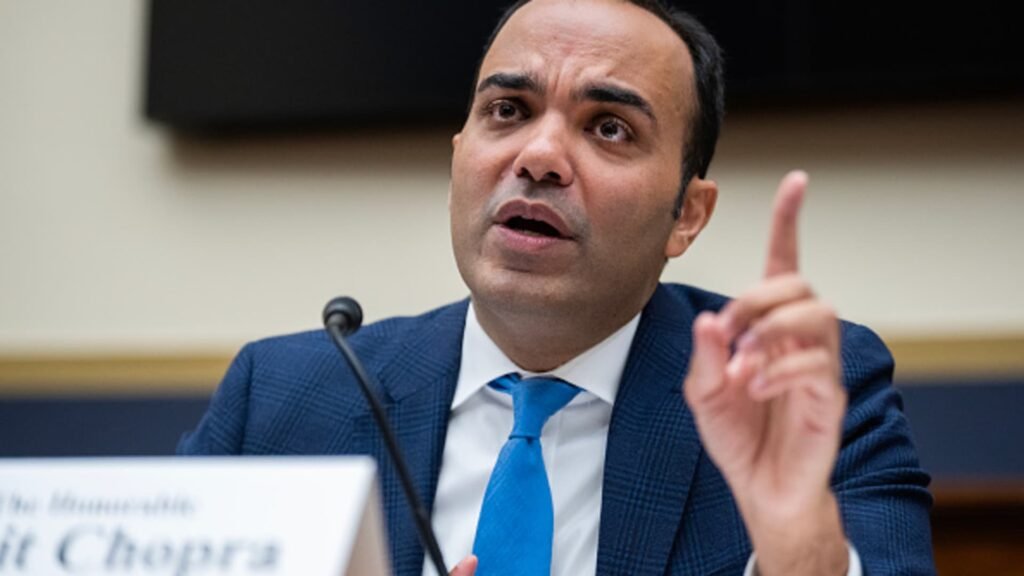
The Consumer Financial Protection Bureau announced the final version of a rule on Thursday that restricts banks’ ability to charge overdraft fees, with the aim of saving American consumers $5 billion annually. The rule allows banks to charge $5 for overdrafts, a significant decrease from the average fee of about $35 per transaction. Alternatively, banks can limit the fee to cover their costs, or charge any fee while disclosing the loan’s interest rate.
CFPB Director Rohit Chopra stated, “For far too long, the largest banks have exploited a legal loophole that has drained billions of dollars from Americans’ deposit accounts.” He emphasized that the CFPB is taking action against excessive fees and requiring transparency from big banks regarding the interest rates on overdraft loans.
Despite overdraft fees being a lucrative revenue stream for banks, generating $280 billion since 2000, banks’ revenue from this service has been declining. Some banks, like JPMorgan Chase and Bank of America, have reduced or eliminated fees, leading to this trend. The CFPB’s rule applies to banks and credit unions with assets of at least $10 billion.
The CFPB’s recent actions, including the overdraft rule, have faced opposition from U.S. banking groups. These groups have successfully thwarted previous regulatory efforts, such as a rule capping credit card late fees. The overdraft rule is set to take effect on October 1, 2025, but its future remains uncertain.
The banking industry has raised concerns that the rule could limit access to overdraft services, potentially driving customers towards less favorable alternatives like payday loans. The Consumer Bankers Association filed a lawsuit against the CFPB in Mississippi, alleging that the agency overstepped its authority and did not consider the impact on consumers. CBA President Lindsey Johnson expressed the need for legal action to counter what they perceive as the CFPB’s regulatory overreach.




